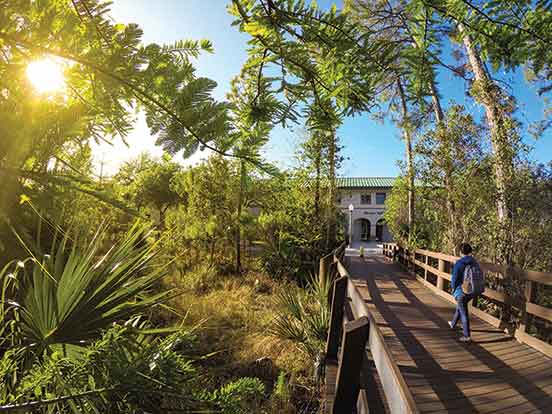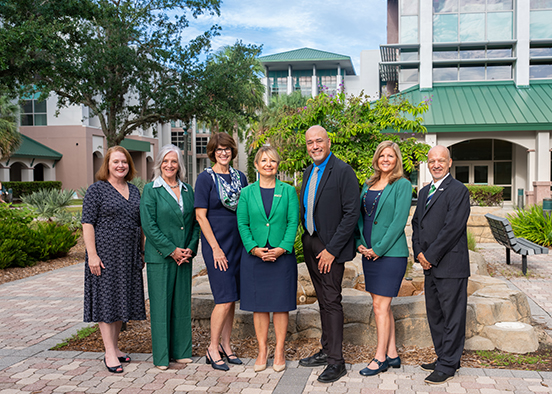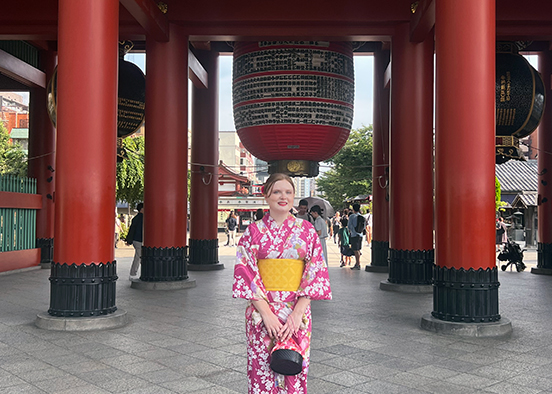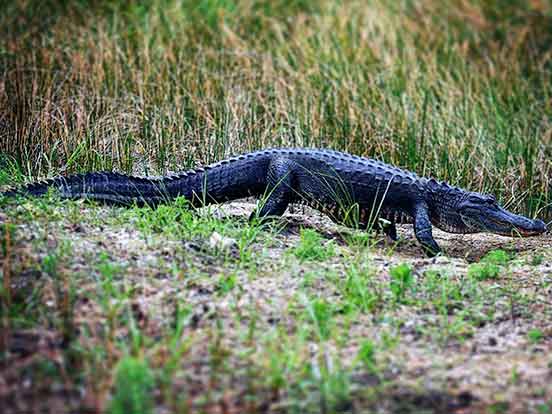Meet the FGCU professor playing in everyone’s backyard
American mathematician and statistician John Tukey once said, “The best thing about being a statistician is that you get to play in everyone’s backyard.”
Senthil “BeeJay” Girimurugan, statistics professor and associate dean in the Honors College at Florida Gulf Coast University, explains it this way: Statisticians can analyze data from virtually any field because data is everywhere. “It doesn’t matter if it is ecology, astronomy, business — doesn’t matter. If you have data, you have statistics.”
This philosophy has fueled Girimurugan’s extensive collaborations across campus and beyond for a decade. His research is primarily driven by “curiosity and the love that I have for science.” When colleagues approach him with interesting data or questions, or when an idea sparks his interest, he’s ready to dive in.

Playing in everyone’s backyard
As a statistician, Girimurugan’s collaborations at FGCU span a remarkable range of disciplines. One of his key talents is translating statistics for those without a deep math background, advising them to look past the formulas and focus on what the data reveals.
He’s worked with Terry Leary, professor of psychology in the College of Arts & Sciences, to analyze a global database of almost 5,000 serial killers. Key findings from their research into the Radford/FGCU Serial Killer Database included a link between taking pleasure in killing and suffering significant abuse in childhood, and often paired with a history of substance abuse. This connection was not found among those not identified as enjoying killing.
“That research has potential, not only in terms of understanding behavior, but also rehabilitation,” Girimurugan says. “I’m driven by curiosity, so I enjoyed that project.”
With Joanne Muller, professor of marine and earth sciences in The Water School, Girimurugan is helping standardize hurricane damage data to assess cost trends over time. FGCU students Kaylee Mooney and Honors College member Dylan Benzi are supporting their effort by researching building codes and vulnerability.
“What Terry and I did for serial killers is very similar to what Jo’s doing with hurricanes,” Girimurugan says. He looked for patterns across time in both projects — same toolbox, different backyard.
Helping researchers understand outliers
With Nora Demers, a professor of biology, Girimurugan has contributed to ecological and environmental studies, including analyzing data on gopher tortoise growth rates.
“He’s very passionate about helping others see the beauty of numbers,” Demers says. “He’s like an Energizer Bunny and always happy to help and work with others.”
Girimurugan approaches research collaborations, especially with colleagues outside his own field, with his signature curiosity and a knack for translating complex concepts into practical tools.
“He listens to what science we’re doing and tries to shape the stats he does appropriately,” Demers says. She recalls a moment during the gopher tortoise project where Girimurugan’s perspective prompted her to take a closer look at the dataset. Statisticians often discard data points that are more than two standard deviations from the average, but his approach made her curious about one such outlier. “Because of this, I went back to the data to understand that outlier and appropriately remove it from the dataset,” she says, to strengthen the study’s accuracy.
Understanding complex statistical concepts
An ongoing pet project is driven by Girimurugan’s personal curiosity in analyzing large-scale brain imaging data from MRIs and PET scans from the Human Connectome Project, a research-sharing initiative centered on brain mapping. Funded by the National Institutes of Health, the project involves conditions like Alzheimer’s disease, but the immense amount of data makes computation difficult.
“Writing the program, applying the methodology, that’s not an issue. Computation is the issue. Because it will take forever to analyze 4 gigabytes worth of data.”
Whether collaborating on gene expression studies using cancer datasets, modeling car rental trends for Hertz using neural networks or supporting student-led research on UFO sightings, Girimurugan helps researchers understand complex statistical concepts. Focus on the underlying method and what the results mean in a practical sense, he says.
“You’ve got to simplify it and not get caught in the notation and the theory and the lingo.”
‘The Lord of the Rings’ rings true
Girimurugan’s hunger for learning became apparent early in life. As a child, he excelled in every branch of science and by age 8 was experimenting with programming languages. He once imagined a future as a medical doctor and even considered becoming a pathologist. But when the time came to choose between medical school and engineering, the decision was clear.
“I did not start by playing with dead bodies when I was young. I started with math and programming and all that. So, it kind of clicked.”
With its blend of problem-solving and technology, engineering felt like “painless work” he could happily do for a lifetime. Electrical engineering gradually drew him toward the deeper patterns of mathematics and then statistics.
Now, as Honors College associate dean, he brings that same curiosity and interdisciplinary mindset to shaping student experiences beyond the classroom. He finds joy in seeing students evolve and succeed. His key advice to them: Follow your passion when choosing a research topic — it’s not just about chasing grants. Undergraduate research can be transformative, particularly for those considering graduate school.
He drives home the point with a “Lord of the Rings” analogy: “Even if you’re headed toward Mount Doom, you are doing it for one reason, one purpose. And that purpose is you wanted to save the Shire.”
For Girimurugan, every project is its own adventure — and statistics lets him play in everyone’s backyard.
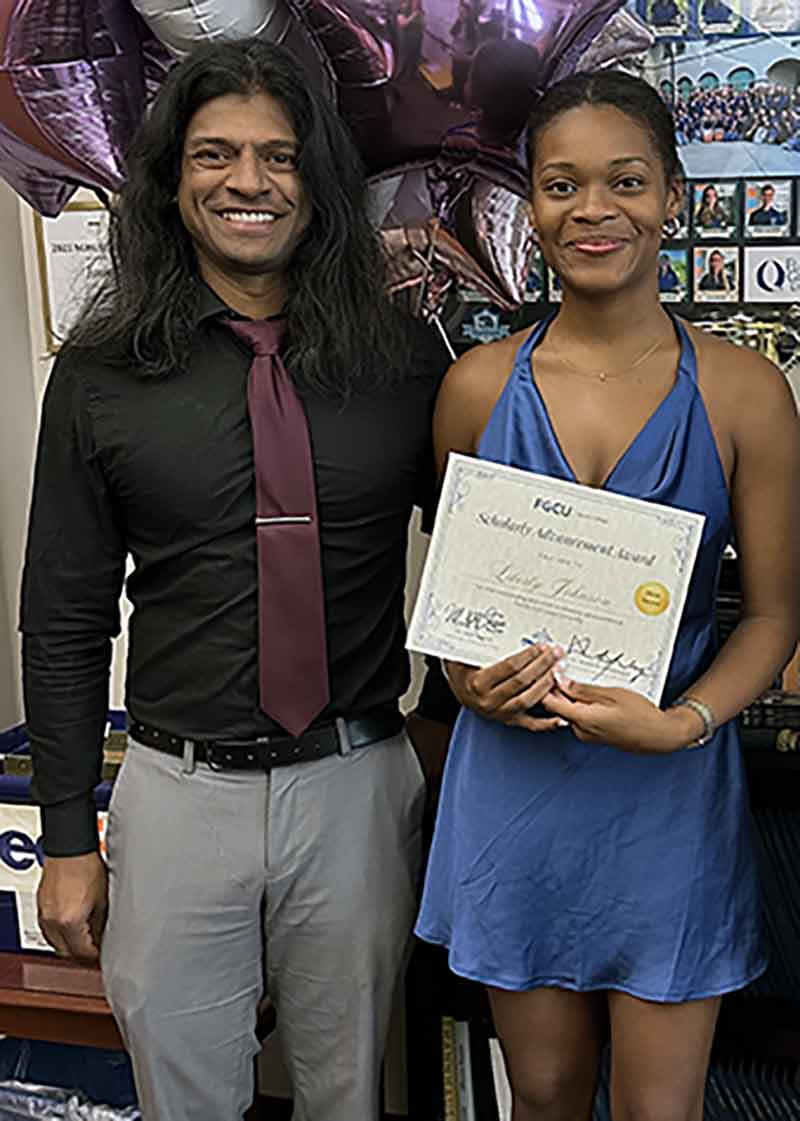
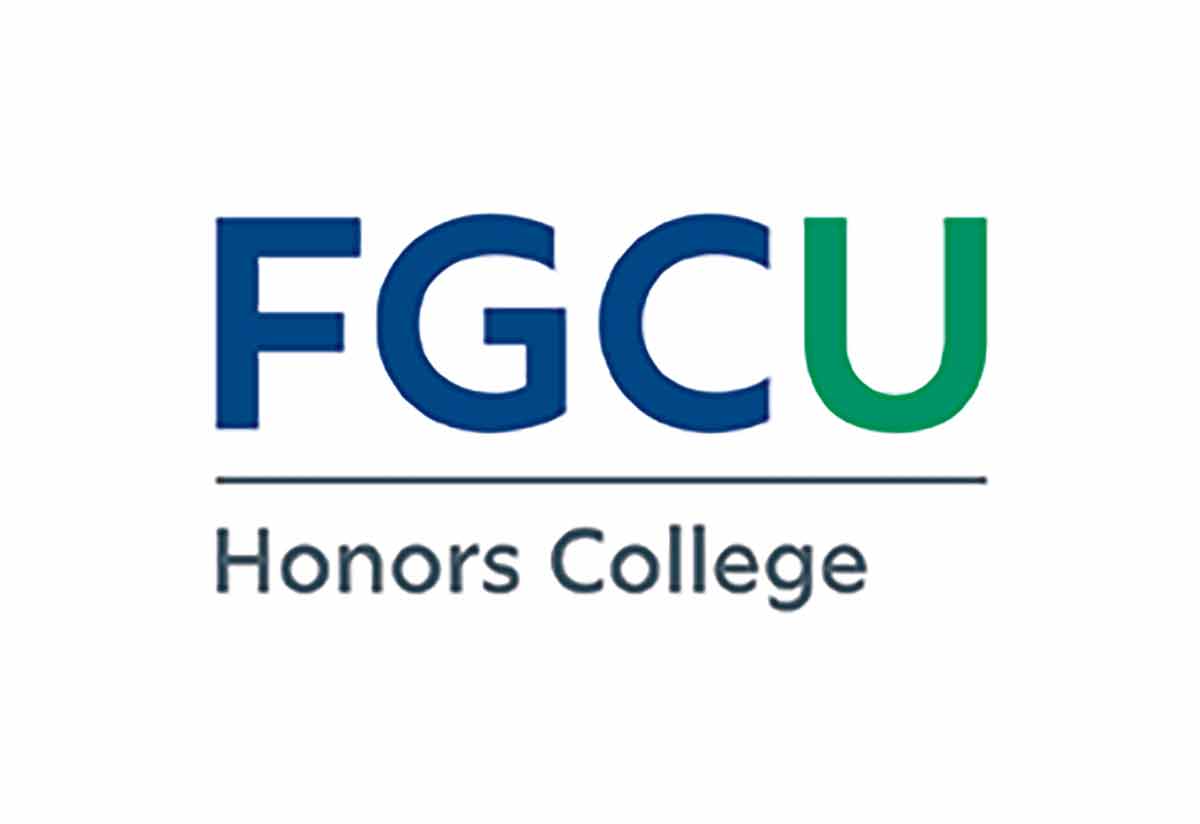
Latest FGCU News
- A closer look at native plants blooming seasonally across campus
- Students gain experience, career connections via Lee Health internships
- 3 new President’s Cabinet members helping shape FGCU’s future
- New institute advancing sustainability, resiliency planned in Charlotte County
- Japan dream becomes reality for Eagle abroad
- 3 wildlife predators that signify a healthy campus ecosystem








